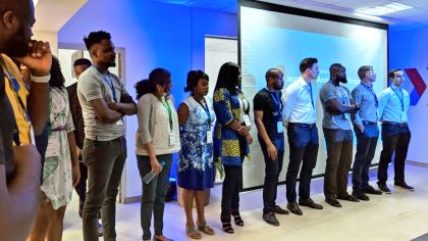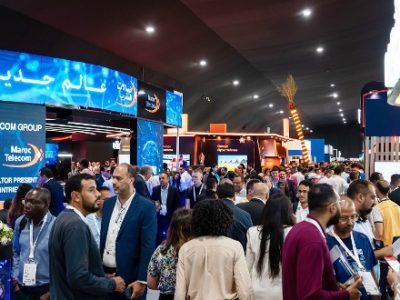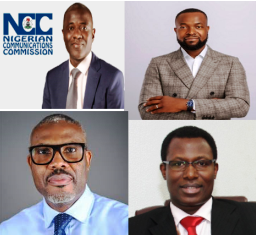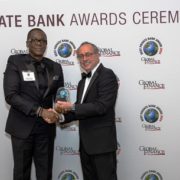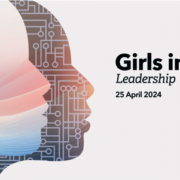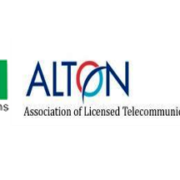By Oluwatobi Opusunju
Google has announced the selection of 12 African startups out of 140 applications to participate in its first Launchpad Accelerator Africa class, slated to hold in Nigeria’s commercial city, Lagos. Six Nigerian startups were selected of the 12.
Launchpad Accelerator Africa is a three-months programme for top early-stage African startups, targeted at connecting them with experts across the technology industry verticals.
The technology giant also announced a partnership with Udacity and Andela to provide 15,000 single course scholarships and 500 nanodegree scholarships to aspiring and professional developers across Nigeria, Kenya and South Africa.
The Country Director of Google Nigeria, Juliet Ehimuan while speaking said: “Launchpad Accelerator Africa was announced at Google for Nigeria in July last year. At the time we also announced the extension of our Digital Skills for Africa program to train 10 million Africans, including 100,000 developers, over five years. The scholarships announced today form part of that commitment.”
The 12 selected startups for the programme are from six different African countries including Ghana, Kenya, South Africa, Tanzania, Uganda and Nigeria. The winning startups are:
Babymigo – Nigeria – a trusted social community for expecting mothers and young parents.
Flexpay – Kenya – an automated and secured layaway e-commerce system.
Kudi – Nigeria – payment for Africa through messaging.
OkadaBooks – Nigeria – a social platform that allows users easily create, spread and sell their stories/books/documents in a matter of minutes.
OMG Digital – Ghana – a media platform that produces hyper-local, engaging and entertaining content African millennials love to consume and share.
Pezesha – Kenya – a scalable Peer to Peer microlending marketplace that allows Kenyans access to loan securely, via mobile money using big data and credit analytics.
Piggybank.ng – Nigeria – allows Africans put aside little amounts of money periodically till they reach a savings target.
Riby – Nigeria – a peer-to-peer banking platform for cooperatives and their members that allows them to save, borrow and invest, together.
swiftVEE – South Africa – a platform for connecting livestock agencies to a network of buyers and sellers.
TangoTv – Tanzania – a media streaming and video on demand service for African local content; films and shows.
Teheca – Uganda – helps families and individuals find the right health care providers/workers in Uganda.
Thrive Agric – Nigeria – crowdfunds investments for small holder farmers, and provide this to them in form of inputs, tech driven advisory and access to market.
Google said requirements for selection were based on factors such as: startups must be a technology startup, based in Sub-Saharan Africa, targeting the African market and have already raised seed funding. Google also considered the problem the startup is trying to solve, how it creates value for users, and how they addressed a real challenge for their home city, country or Africa broadly.
With the Launchpad Accelerator Africa programme, Google said it is planning to support and provide more than 60 African startups over the next three years with about three million USD in equity-free support, working space, and access to expert advisers from Google, Silicon Valley, and Africa as well as receive travel and PR support.
The Sub-Saharan Africa Ecosystem Regional Manager for Google, Andy Volk while giving his remarks said: “We are thrilled to announce this, the first Launchpad Accelerator Africa class and look forward to working with them to drive innovation into the African market. Africa is home to some incredibly smart people who are working to solve the continent’s problems using homegrown solutions and we’re honoured to be able to be part of that.”
Google further said it is committed to the Sub-Saharan Africa developer ecosystem and has, since April 2016, hosted 13 Launchpad Build and Start events across Kenya, Nigeria and South Africa, featuring some 228 speakers and engaging 590 attendees from local startups in each country.


